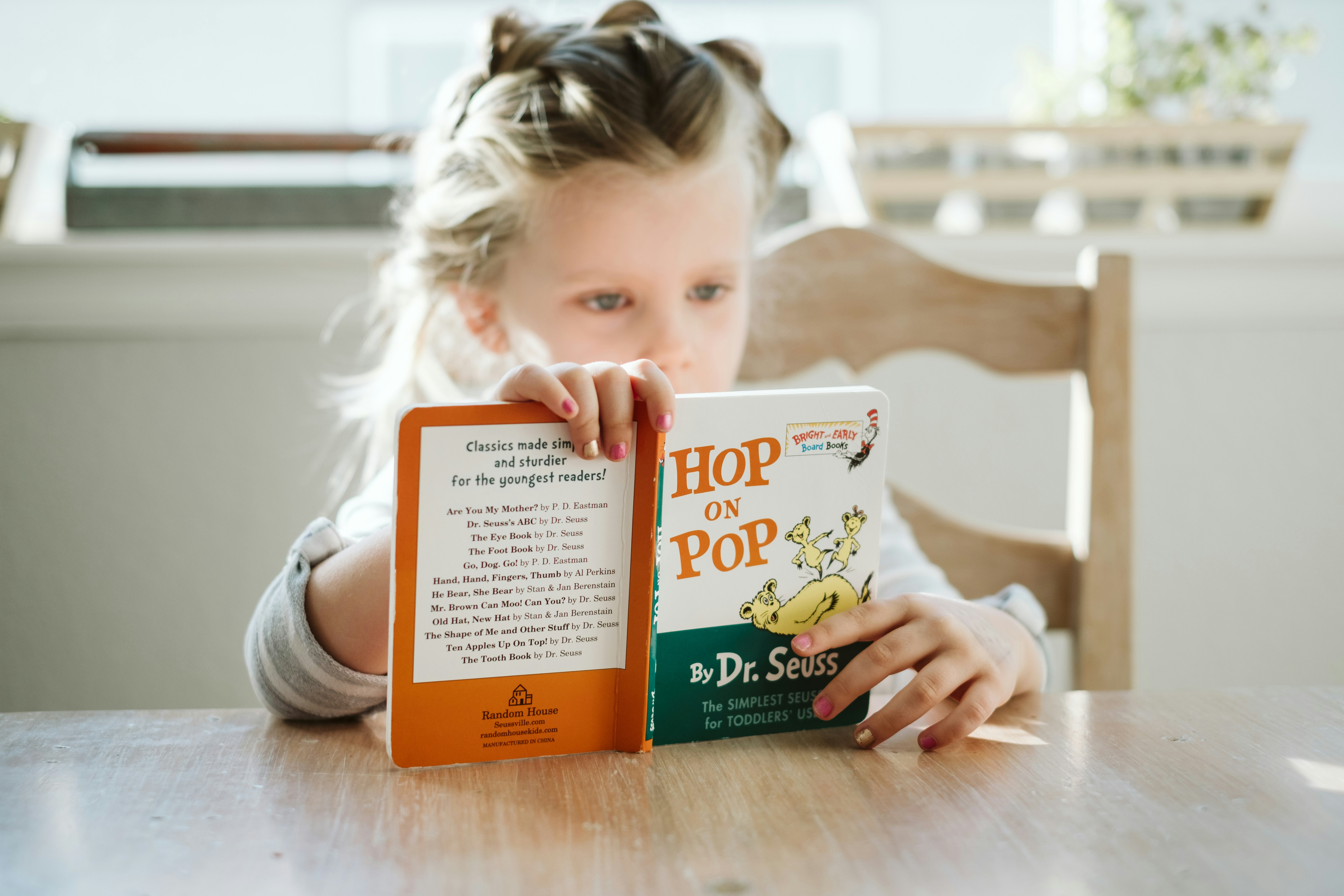Reading and ADHD: 5 Top Tips
It is widely recognised that if we can encourage and promote a love of reading from early childhood this can play a huge part in the future success of our children. For children with ADHD, if they are ‘hooked’ into a story this could provide the motivation to explore what happens more and more.

Introduction
ADHD is not linked to intellect. However, some of the characteristics of ADHD can at times make it harder to concentrate, retain information, or keep focused. There can be difficulties around hyperactivity, impulsivity or ‘zoning out’.
Children with ADHD can struggle with their emotional regulation and have weak executive functions. They may struggle with working memory, learner anxiety, rejection sensitivity dysphoria, learned helplessness or unhelpful coping and avoidance strategies.
“I would find myself at the end of the chapter and not remember anything I had just read…I realised that I would have to go back and read it all over again.” Sophie – age 10
“I am a very slow reader. In primary school, I really hated to read because it took me a long time and I would have to read things over and over.” Reece – age 13
Top 5 Tips
If we can identify that our child may be struggling with some of these elements, it can really help us to put measures in place to support their reading. This will help develop their confidence, motivation and hopefully enjoyment of reading.
Encourage Reading for Pleasure
It is widely recognised that if we can encourage and promote a love of reading from early childhood this can play a huge part in the future success of our children. For children with ADHD, if they are ‘hooked’ into a story this could provide the motivation to explore what happens more and more.
Sharing a book with our child, reading through the chapters each night, predicting what may happen, building the element of suspense, talking about the characters, and likening them to people in our lives, these practices can all build momentum. Also consider that books do not have to be read, listening to an audio book can be really powerful too, and a great way of tapping into a wider range of books if limited at home.
Emphasise the Importance of Movement
In order for children with ADHD to thrive, movement needs to be encouraged and promoted. This could be movement breaks, or micro-movements throughout the reading session. Instead of a chair, are there other options?
A yoga ball to sit on, a wobble stool or is standing better? Do fidget toys help with focus? If your child can listen through an audio version of the book, they could walk the dog, go for a run, play on the trampoline all whilst listening through headphones. Try new things, keep it interesting for your child! As well as movement, it is important to incorporate regular breaks that help support memory overload or focus becoming strained.
Include Reading in Your Family Routine
For many families, there is an expectation from school that your child needs to practise reading each night. There is something to be said for incorporating it into some part of the daily family routine (as routine can really help a child with ADHD), but sometimes this can lead to families becoming overwhelmed by this, especially if a child is avoiding the task. If that is the case, it might be worth pausing with routine and trying some of the other strategies mentioned in this article, before trying again with routine at a later date. If you are aiming to try a reading routine, the daily reading activity could be carried out via many avenues.
You and your child could take it in turns to read, either page by page, paragraph by paragraph or line by line (depending on the text). Also, ‘book talk’ can be just as powerful as reading the text. Questions around why certain incidents have happened, who is their favourite character and if your child were there, what would they do, can be useful. This type of discussion can add meaning and more relevance to the text.
Consider the Environment
For this part of the day, could it be pre-negotiated with other family members that they lessen distractions and give your child space to have a go at their reading activity? Is it time for a drink and snack too? Consider setting a time limit to the activity, as a clear end time can also motivate a child.
Celebrate and Encourage Effort
For our children with ADHD it is vital that we offer lots of positive feedback. If we consider some of the barriers around self-esteem and learner anxiety, our child can be lifted by that encouragement and praise received for their effort.
Praise and encouragement helps to promote the release of dopamine, which is the main neurotransmitter associated with reward, and is really important for children and young people with ADHD. If our child does misread part of the text, instead of pointing out the error, one option is to re-read the sentence using the correct word or phrase. Smiles and pride in the ‘having a go’ attitude can counteract the effect of having weaknesses highlighted.
Related Resources
Animated video for Parents and Carers on supporting your neurodiverse child or young person with severe learning difficulties.
Animated video for Parents and Carers explaining the ADHD diagnostic journey for your child or young person.
Animated video for Parents and Carers on supporting your child or young person with ADHD and potential sleep challenges.
Animated video for Parents and Carers on supporting your child or young person with ADHD using routines.
